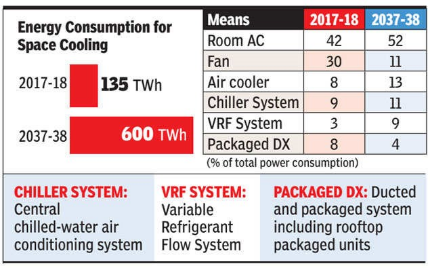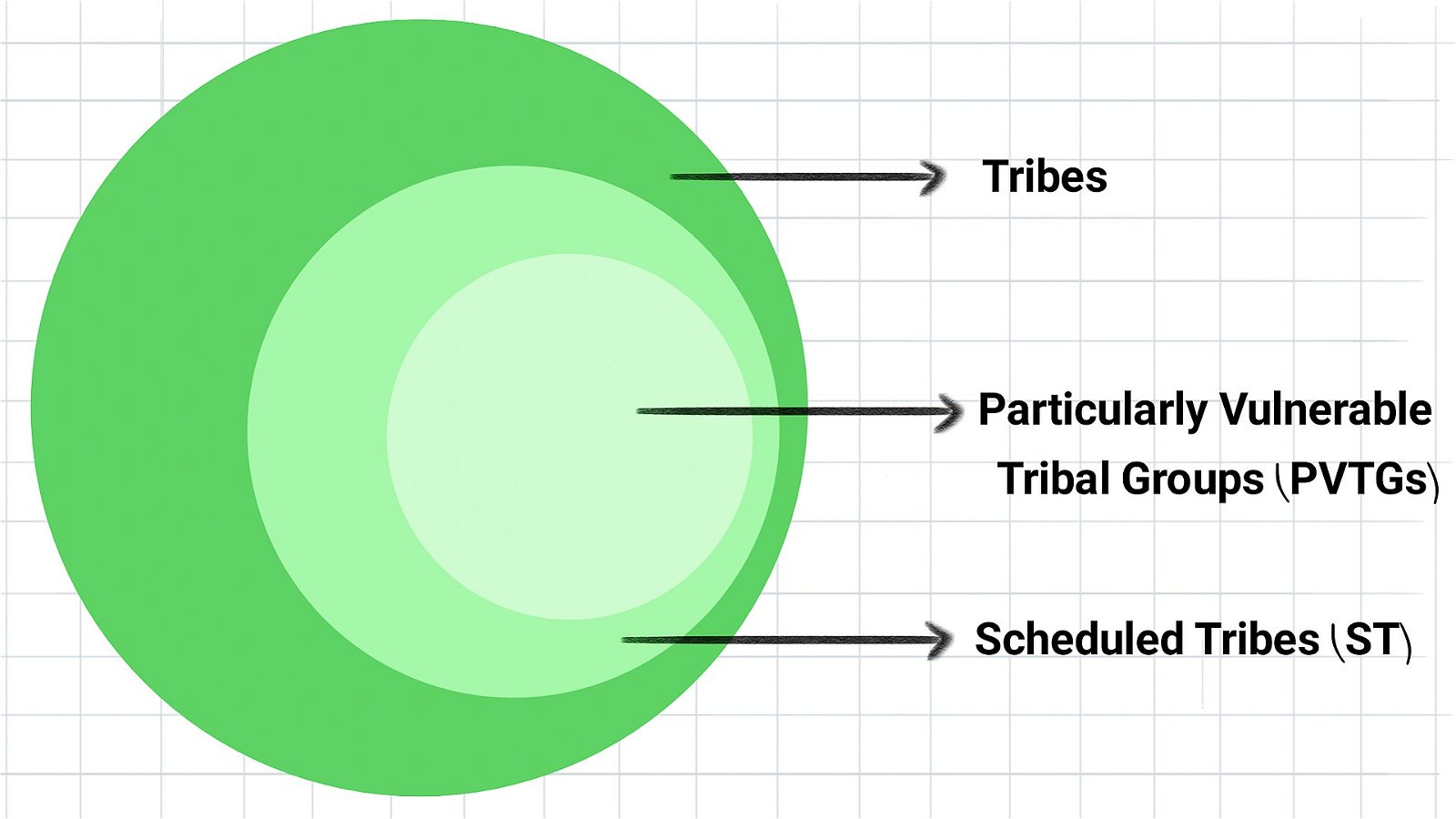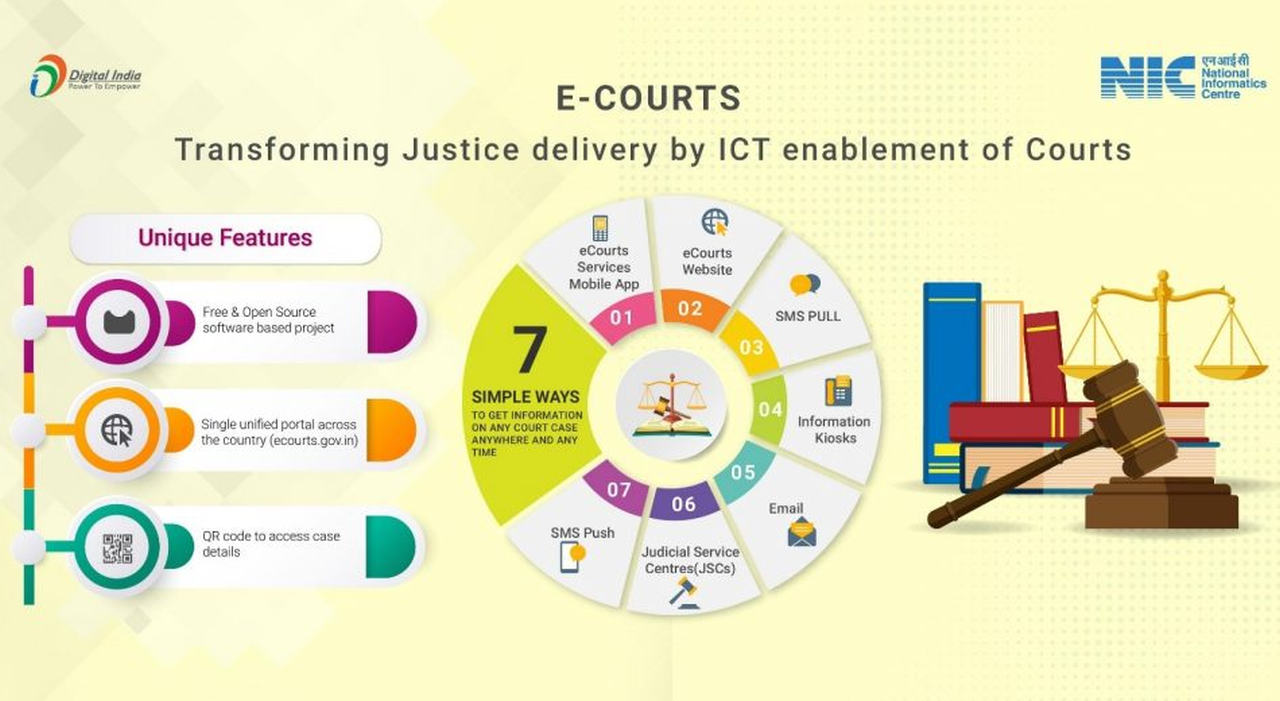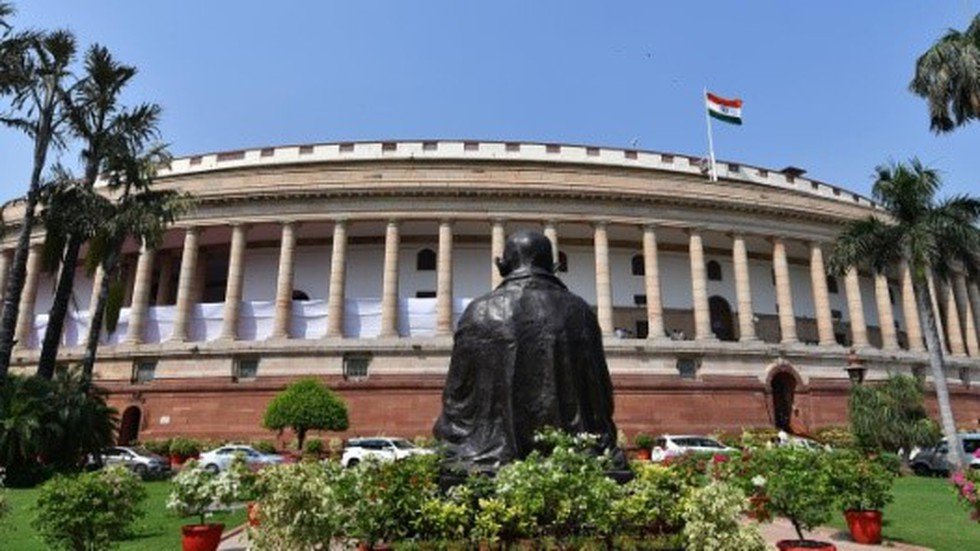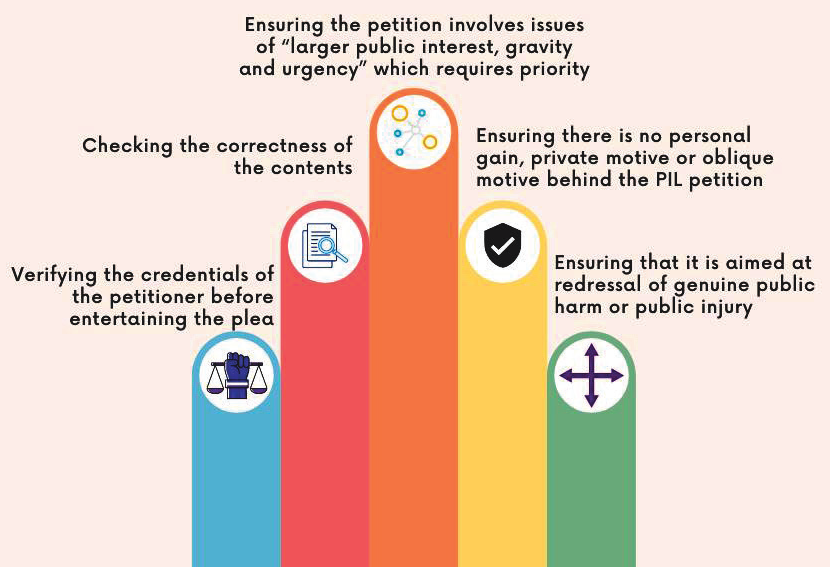
Internet shutdowns in India
Subscribers of "Current Affairs" course can Download Daily Current Affairs in PDF/DOC
Subscribe to Never Miss an Important Update! Assured Discounts on New Products!
Must Join PMF IAS Telegram Channel & PMF IAS History Telegram Channel
- Context (TH): India has consistently topped the global list of countries imposing internet bans, with approximately 60% of all recorded blackouts worldwide.
Observations (As per Software Freedom Law Centre)
- Indian government imposed a total of 780 shutdowns from 2014 to 2023.
- India shut down the internet for over 7,000 hours in 2023.
- Regionally, Jammu and Kashmir saw the highest number of shutdowns (433 in the last 12 years).
- The longest blackout in 2023 took place in Manipur from May to December amid ethnic clashes.
- Globally, protests, information control & political instability caused maximum shutdowns.
- Global Internet freedom has declined for the 13th consecutive year, and the environment for human rights online has deteriorated in 29 countries, as per the latest Freedom House report.
- India’s ranking has hovered around the same benchmark in the last three years, with a dip from 2016 and 2017, when India scored 59 points, to 50 points in 2023.
Internet Shutdown Provisions in India
Temporary Suspension of Telecom Services (Public Emergency or Public Safety) Rules, 2017
- The Rules are issued under the Indian Telegraph Act, 1885.
- No government department, except the Ministry of Home Affairs or a state’s home affairs department can issue these orders.
- In unavoidable circumstances, where obtaining prior direction is not feasible, such order may be issued by an officer, not below the rank of a Joint Secretary to the GoI, who has been duly authorised by the Union Home Secretary or the State Home Secretary.
- Such an order to suspend telecom service shall then have to be confirmed by a competent authority within 24 hours of it being issued.
- Any order issued by the competent authority shall contain reasons for such direction and a copy of such order shall be forwarded to the concerned Review Committee by next working day.
- The Central or the State Government, shall constitute a Review Committee to be headed by the Cabinet Secretary/Chief Secretary (in the state) within the next five days to assess its compliance with Section 5(2) of The Telegraph Act.
What laws governed this area before the 2017 Rules were notified?
- Before 2017, Internet shutdowns were ordered under Section 144 of the Code of Criminal Procedure, which gives District Magistrates the powers to prevent unlawful gatherings and direct any person to abstain from a certain activity.
- Section 69(A) of the IT (Amendment) Act, 2008 gives the government powers to block particular websites, not the Internet as a whole.
Argument against the shutdowns
- British-era law: Reflecting the draconian nature of law used for the suppression of Indians.
- Economic losses: Internet disruptions in India accounted for more than 70% of the global economy’s total losses in 2020, which is crucial given India’s digitalisation journey.
- Absence of objective criteria: The Indian Telegraph Act does not define “public emergency” or “public safety” criteria for imposing internet shutdowns.
- International principles: Failure to meet the internationally upheld ‘three-part test’ in imposing blackouts in J&K and Manipur.
|
- Localised shutdowns: The majority of internet outages in the last decade were localised to specific districts, cities, and villages, putting the local population at a comparative loss.
- Poor compliance with safeguards: Courts have asked governments to make shutdown orders public, a provision that has been poorly complied with.
- Easy but not effective solution: The trend of internet shutdowns to avoid paper leaks indicates an easy but not-so-effective solution.
Judicial Safeguards
- Anuradha Bhasin v. Union of India case: Supreme Court reiterated that internet shutdowns violate fundamental rights to freedom of expression. Shutdowns lasting indefinitely are unconstitutional.
- Violation of Right to the Internet: In the Faheema Shirin v. State of Kerala case, the Kerala High Court declared the right to the Internet a fundamental Right under Article 21.
- Freedom of Press: The right to Freedom of the Press is a Fundamental Right as per the Supreme Court (Cases: Indian Express vs UoI,1986 and Bennett Coleman vs UoI, 1972).
Restricting internet: A necessary evil
- National Security: Many blocked URLs were linked to organisations banned under the Unlawful Activities (Prevention) Act.
- Rumours and fake news: To stop the spread of fake news, as done in Citizenship Amendment Act (2019), abrogation of Article 370 (2019), and Farm Bills (2020) protests.
- Cybercrime: According to the National Crime Records Bureau, cybercrime cases rose by almost 434% between 2016 and 2022.
Way forward
- Adherence to Anuradha Bhasin case: Ensuring only temporary suspension and proportionality.
- Amendment to the Indian Telegraph Act: Defining objective criteria for internet suspension.





![PMF IAS Environment for UPSC 2022-23 [paperback] PMF IAS [Nov 30, 2021]…](https://pmfias.b-cdn.net/wp-content/uploads/2024/04/pmfiasenvironmentforupsc2022-23paperbackpmfiasnov302021.jpg)
